Analysts suggest U.S. top diplomat's focus more on geopolitical agenda in region
A visit by U.S. Secretary of State Antony Blinken to Australia last week left some analysts wondering about Washington's focus on the region during a more pressing geopolitical crisis in Eastern Europe.
During the three-day visit, Blinken attended the fourth Quad Foreign Ministers' Meeting in Melbourne on Friday. The Quad, or Quadrilateral Security Dialogue, includes the United States, Japan, Australia, and India.
"It is baffling," said Colin Mackerras, an Australian Sinologist and emeritus professor at Griffith University. "Especially when you consider U.S. posturing over Ukraine and its repeated claims the Russians are about to invade.
"You would think that (Europe) would be his focus of attention and not the Asia-Pacific," he told China Daily. Indeed, the crisis in Ukraine has little or no relevance to the Asia-Pacific region.
Some analysts have suggested Blinken's trip had more to do with economic and trade issues, and the U.S. efforts to counter China's growing influence in the region.
Taiwan's membership of the Trans-Pacific Partnership, or TPP, now called the Comprehensive and Progressive Agreement for Trans-Pacific Partnership, or CPTPP, is a case in point.
The U.S., under then-president Donald Trump, withdrew from the TPP in 2017. The CPTPP comprises 11 nations-Australia, Brunei, Canada, Chile, Japan, Malaysia, Mexico, New Zealand, Peru, Singapore, and Vietnam.
The U.S. has been pushing for Taiwan's admission to the CPTPP.
China opposed the Taiwan region joining any free-trade initiatives or signing any free-trade agreements of an official nature. The Chinese government made it clear that there is only one China in the world, and Taiwan is an inalienable part of China. The precondition for Taiwan's participation in any regional economic cooperation is the one-China principle.
As one analyst, who did not want to be named, said: "You need all members of the CPTPP to agree on membership. Even though the U.S. is not a member, it still has a great deal of influence."
Mounting pressure
The analyst added: "I would suspect a lot of pressure is also being applied on Australia and Japan, both of which are solid U.S. allies in the Asia-Pacific region and members of the CPTPP and the Regional Comprehensive Economic Partnership, to be more proactive (on Taiwan's membership in the CPTPP)."
China is a member of the 15-nation RCEP. Covering nearly a third of the global economy, it is the world's largest trading bloc.
Rajiv Biswas, an Asia-Pacific chief economist with consultancy IHS Markit, said the CPTPP trade agreement came into force in December 2018. He said that in 2021 a number of other economies also applied to join.
"This could eventually result in the substantial further expansion in the total size of GDP and trade of the CPTPP grouping," he told China Daily.
He said the United Kingdom and CPTPP nations last year opened formal negotiations, which if successful, would substantially increase the economic size of the trade grouping.
The South Korean government has also indicated that it plans to file a formal application to join the trade agreement in the coming months.
He said all 11 existing members need to approve unanimously and formally to open negotiations for CPTPP accession with any applicable jurisdiction.
"The deliberations among CPTPP members to consider applications to join would assess the commitment of an applicant to meet the high standards of the CPTPP agreement and deliver the highest standard of market access commitments," he said.
"Another key consideration would be the commitment of the applicant to uphold the rules-based trading system and promote market-oriented principles."
When Blinken arrived in Australia for the Quad talks, he conducted a series of "exclusive "interviews to drum up support for the U.S. claims that Russia is about to invade Ukraine. At the same time, he also beat the anti-China Cold War drum.
"The U.S. is playing up the so-called China threat in order to smear, suppress and contain China's development. This fully exposes the deep-rooted Cold War mentality and ideological bias of the U.S.," Zhao Lijian, a spokesman for the Chinese Foreign Ministry, said on Friday.








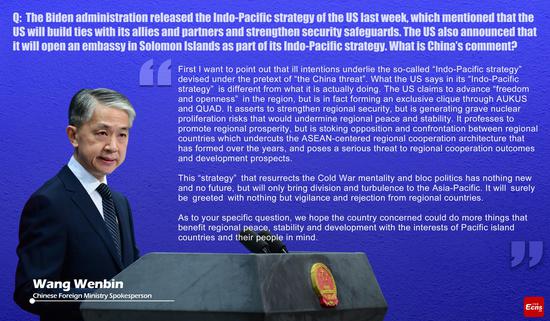
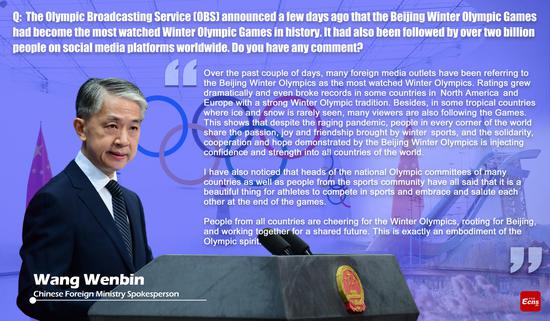
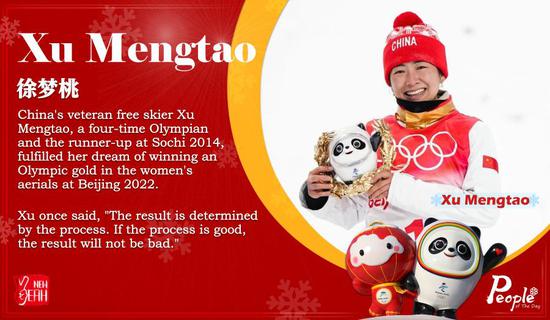



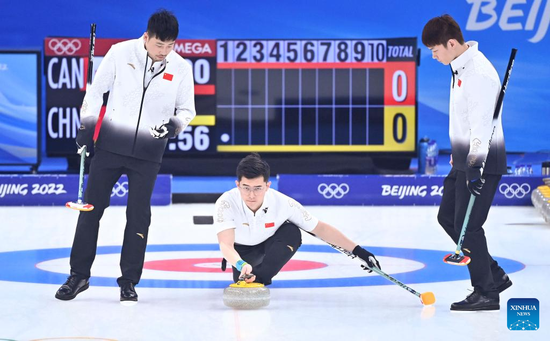

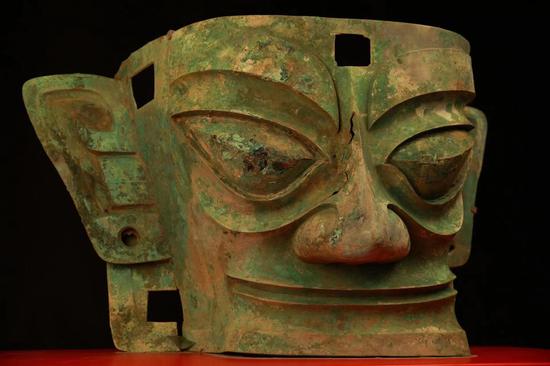










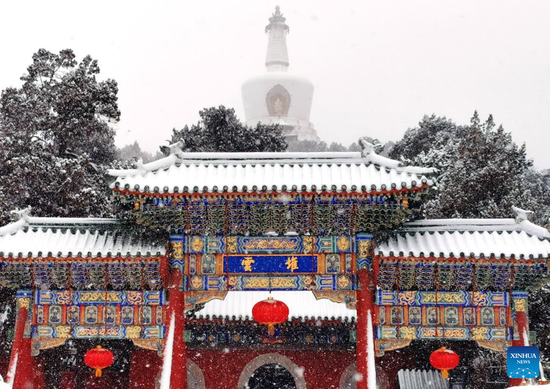

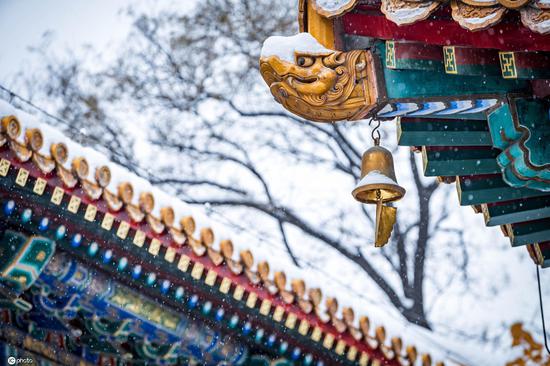






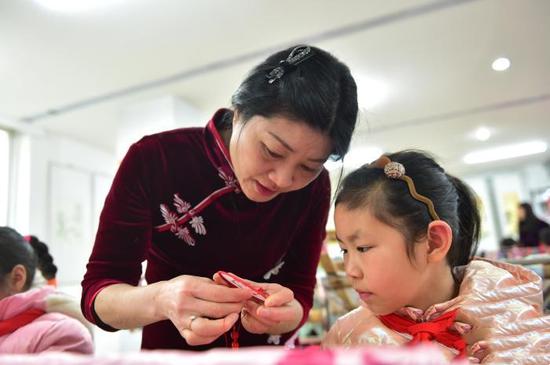


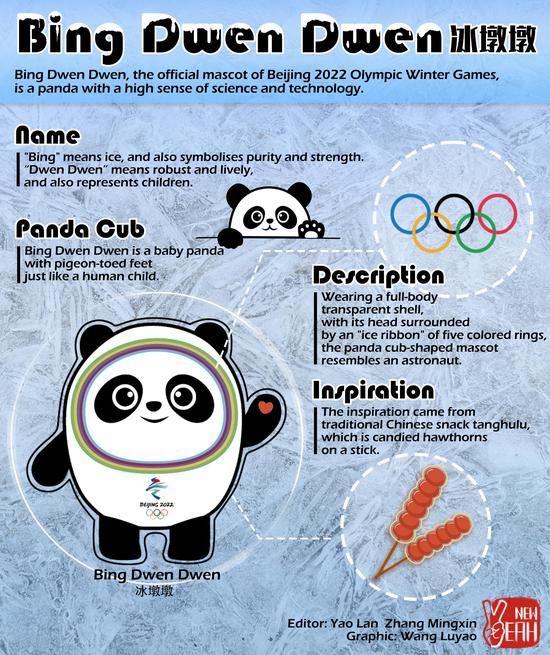
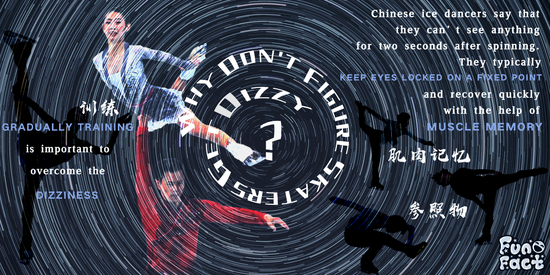









 京公网安备 11010202009201号
京公网安备 11010202009201号